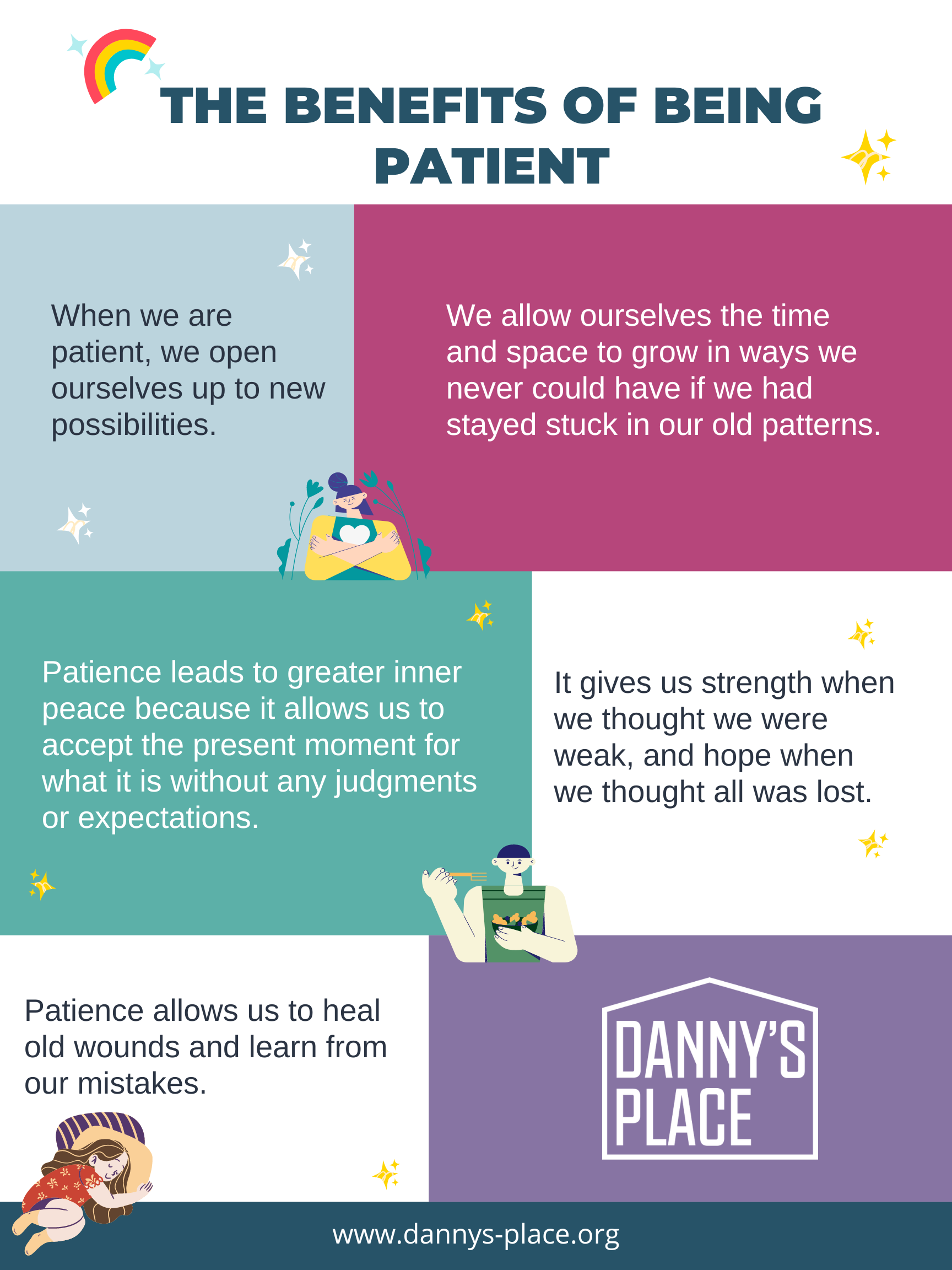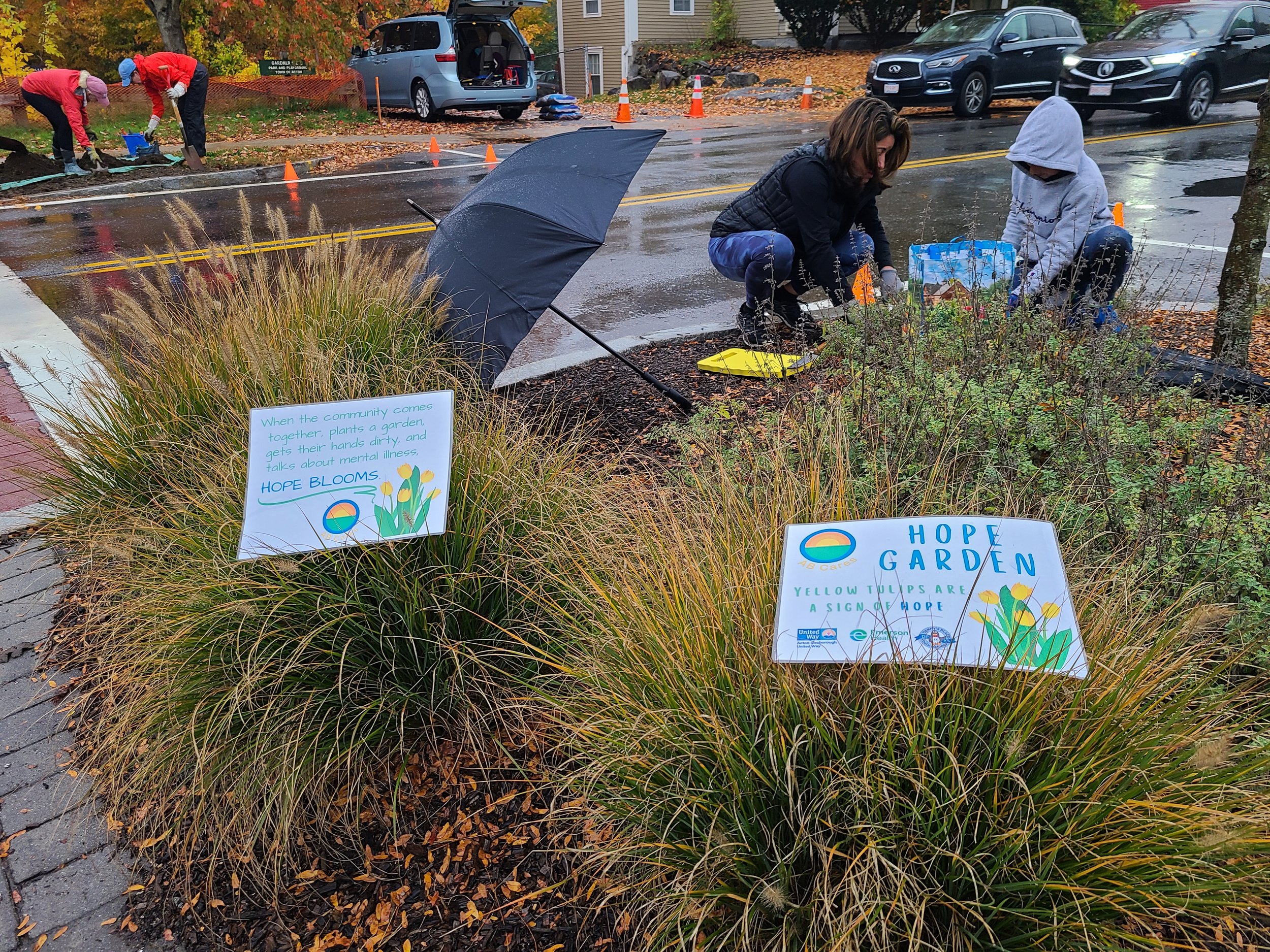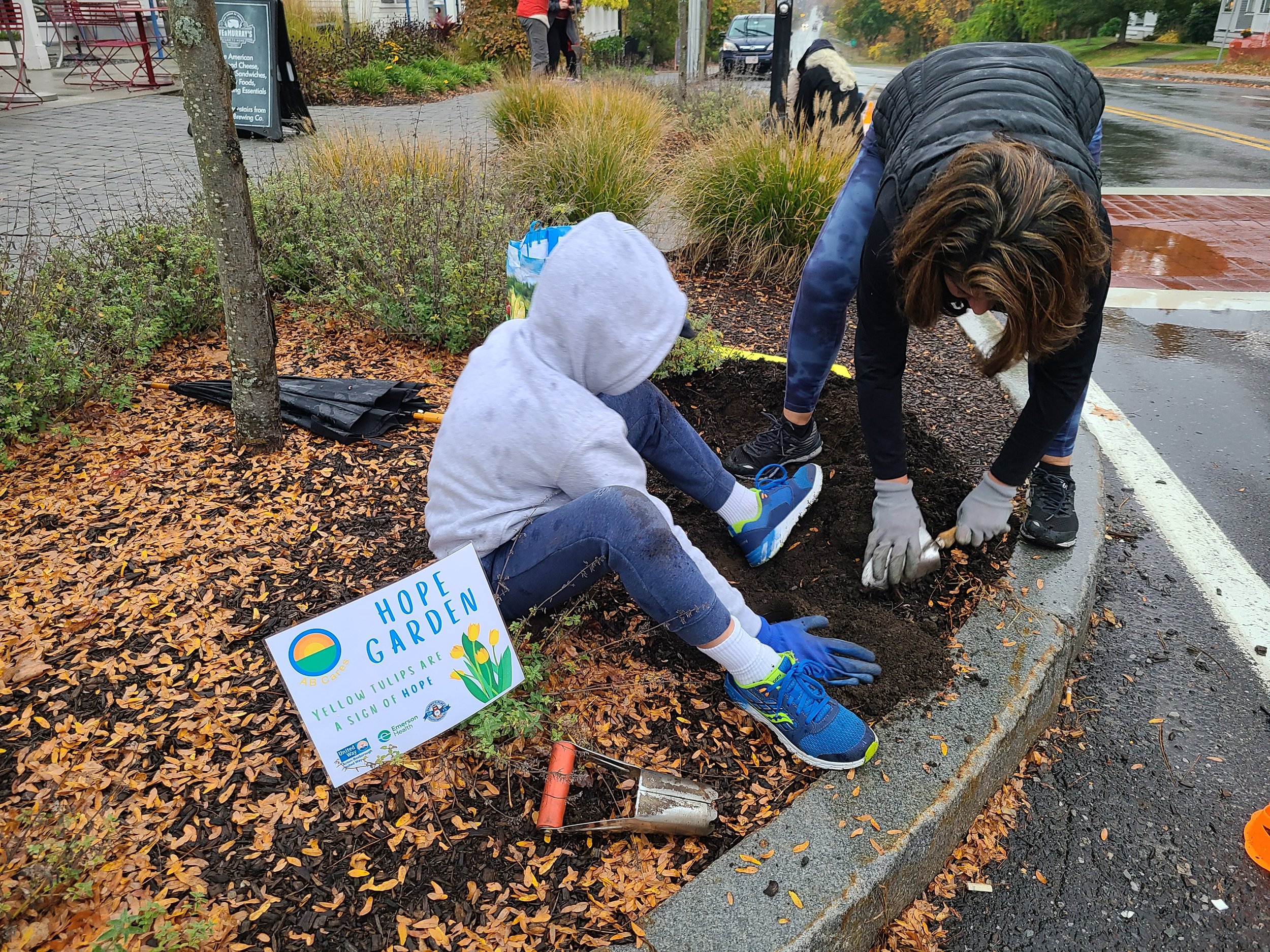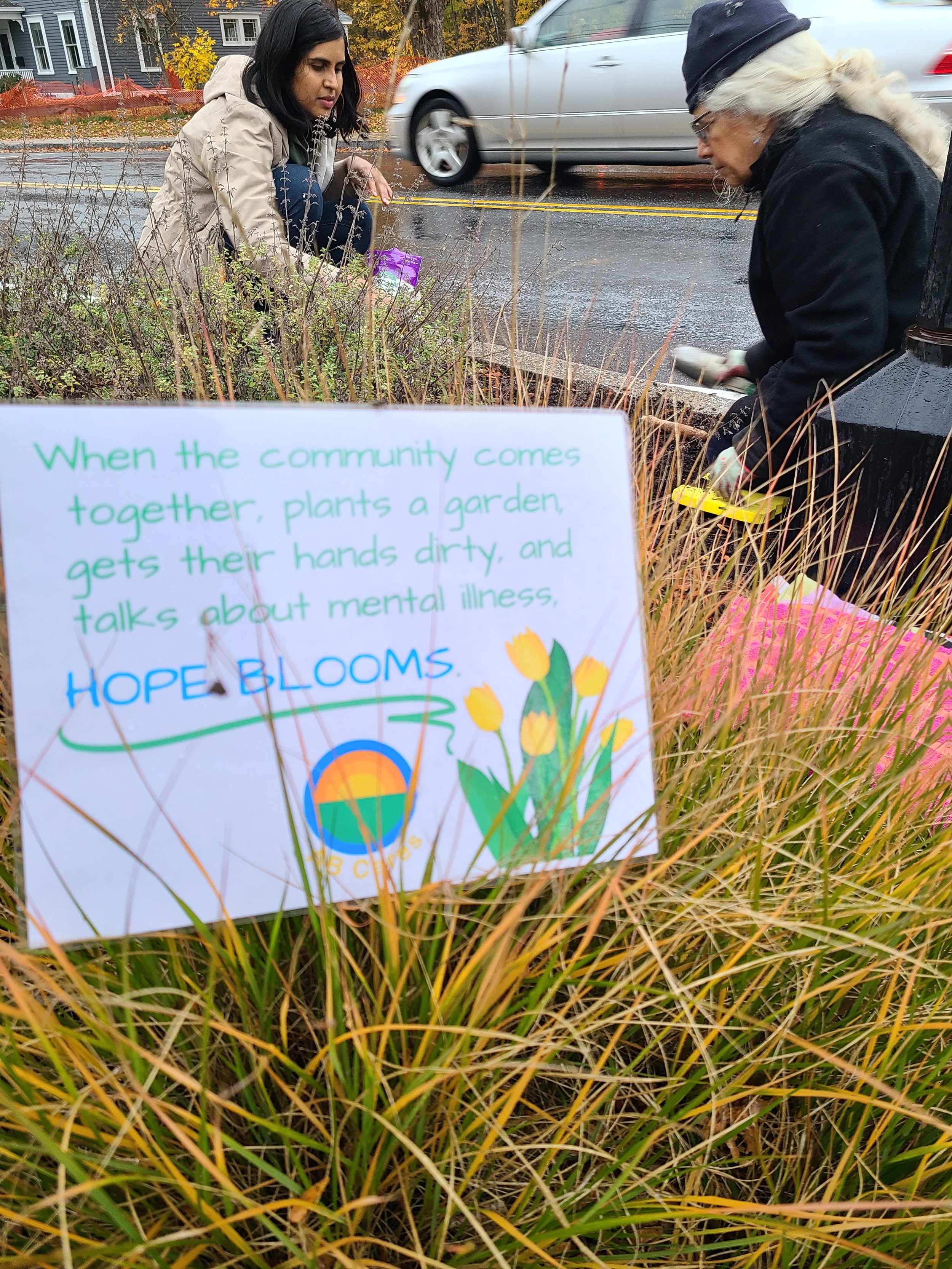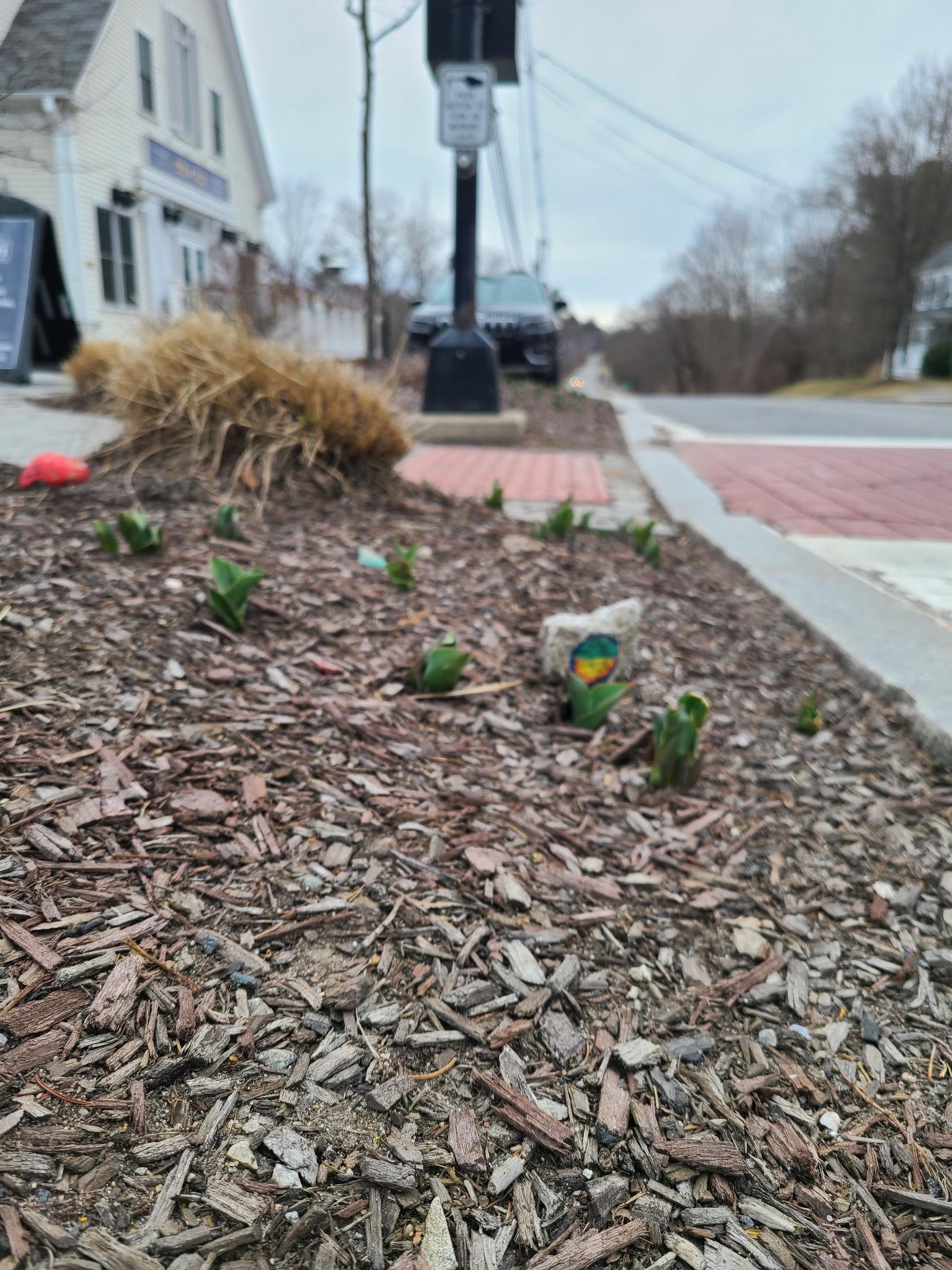How Journaling Can Help With Mental Health
Though journaling has been around for centuries, journaling has become a popular way to deal with mental health issues in recent years. There are many ways to do it, and the benefits can be great. Here’s what you need to know about journaling and how it can help you.
What is journaling?
Journaling is the act of recording thoughts and feelings in a diary or journal.
It can serve as a tool for self-reflection and introspection, allowing individuals to better understand their thought patterns and behaviors. It can also provide a means of expressing emotions, helping to release pent-up feelings and reduce stress.
Journaling can also serve as a problem-solving tool, as it allows individuals to clearly organize their thoughts and come up with potential solutions to challenges they may be facing.
Additionally, keeping a record of past experiences through journaling can provide insights and lessons for the future.
It’s important to note that journaling isn’t meant to replace therapy or professional help – rather, it can be a useful supplement in managing mental health.
How to get started journaling
If you're interested in giving it a try, there are a few things to keep in mind. First, journaling is personal, so there's no need to worry about writing correctly or neatly. Just let your thoughts flow onto the page.
Second, you can write about anything you want- there are no rules. You can journal about your day-to-day life, your hopes, and dreams, or whatever is on your mind.
Third, journaling can be a great way to track your progress over time. As you look back on old entries, you may be surprised at how far you've come!
So if you're thinking of giving journaling a try, just grab a notebook and start writing.
The benefits of journaling
Journaling can be an incredibly beneficial activity for teenagers. In a world that is often overwhelming and full of stress, journaling can provide a much-needed outlet for emotions. It can also help to boost self-confidence and promote self-awareness. In addition, journaling can encourage teens to think creatively and critically about the world around them. It's also a helpful tool for managing stress and anxiety.
For teens who journal regularly, it can be a valuable outlet for dealing with difficult emotions., developing healthy coping mechanisms, and learning how to express themselves in a productive way.
Overall, journaling is a beneficial activity that can promote mental and emotional well-being in teenagers.
Tips for journaling
There's no right or wrong way to journal, but there are a few tips that can help you get the most out of the experience.
Choose a format that feels comfortable for you. Some people like to write in long paragraphs, while others prefer to bullet point their thoughts. There's no wrong way to do it, so go with whatever feels natural for you.
Don't worry about spelling or grammar - this is your space to freely express yourself, so just let the words flow.
Be honest with yourself. Journaling is a great way to get in touch with your thoughts and feelings, so don't hold back. If something is bothering you, use your journal as a way to work through it.
Make it a regular practice. Set aside time each day to journal, even if it's just for a few minutes. Consistency is key to getting the most out of journaling.
Don't compare yourself to others or try to make your entries sound a certain way, remember that journaling is a personal experience.
By following these tips, you can ensure that journaling is a positive and productive experience for you.
Examples of journals
There are many different types of journals, and the best one for you will depend on your individual needs and interests. For example, if you're a teenager struggling with anxiety or depression, a journal specifically designed for teens may be a good choice. These journals often provide guidance and support, as well as creative prompts and activities designed to help you work through your feelings.
If you're looking for a more general journal, there are also many options available. You may want to choose one that has space for both writing and drawing or one with specific features like goal-setting pages or gratitude journals.
Ultimately, the best journal is the one that meets your unique needs and helps you to feel more connected, balanced, and self-aware.
How to keep a journal - tips to get you started
As mentioned, a journal can be a wonderful way to track your thoughts, feelings, and experiences over time. It can also be an excellent tool for exploring your creative side.
If you’ve never kept a journal before, here are a few tips:
First, choose the format that will work best for you. If you prefer to write by hand, buy a nice notebook that you’ll enjoy using. If you’d prefer to type on your computer or tablet, there are many software programs and apps available that can help you get started.
Second, set aside some time each day to write in your journal. Even just 10-15 minutes can be helpful. Choose a time of day when you’re likely to have some peace and quiet. If you have trouble getting started, try setting a timer and writing until it goes off.
Third, don’t worry about grammar or spelling. This is your journal, so there are no rules. Write as freely and efficiently as you can.
Finally, be patient with yourself. Journaling is a process, and it may take some time to find your stride. Just keep showing up and writing down whatever is on your mind, and eventually, it will become second nature.
Conclusion
If you’re looking for a way to improve your mental health, start journaling. Not only will this help improve your mental health, but it can also boost your creativity and productivity. Follow these tips to get started and reap the benefits for yourself!
Have you ever tried journaling? What was your experience like? Let me know in the comments below! 🐧
Follow us on Social Media
Patience: The Art of Hope
We live in a world that is constantly moving, constantly changing. It can be hard to keep up, and it can be even harder to slow down. But sometimes, slowing down is exactly what we need to do. Patience is the art of hope; it is the belief that healing and growth take time, but that time is always worth it.
The Power of Patience
When we are faced with difficulties, it can be tempting to try to rush through them. We want to fix the problem and move on as quickly as possible. But often, rushing only makes things worse. Rushing through our problems prevents us from taking the time to really understand them and find healthy ways to cope with them.
Patience allows us to step back and see the situation for what it really is. It gives us time to process our emotions and figure out what we need to do next. Patience is not about waiting passively for things to get better; it's about actively working toward healing and growth. And that takes time.
“Remember: patience gives us strength when we thought we were weak, and hope when we thought all was lost.”
The Yellow Tulip Project
Last autumn, Danny’s Place, along with members of AB Cares including AB United Way, planted tulip bulbs in anticipation of the upcoming spring. Despite the downpours, we had hope for what was to come and envisioned the beautiful blooms that would eventually appear.
Now, our patience has been rewarded as the tulips are about to be in full bloom, bringing a feeling of joy, beauty, and optimism into our lives.
This is just one example of how patience can bring us hope and reward us with something wonderful in the end. We all need to be patient with ourselves and others so that we can learn from our mistakes, appreciate the subtle moments, and enjoy life to its fullest.
You can learn more about The Yellow Tulip Project.
Books to read about Patience & Hope
"The Power of Patience: How This Old-Fashioned Virtue Can Improve Your Life" by M.J. Ryan - This book provides a practical guide on how to cultivate patience in our fast-paced world.
"Hope in the Dark: Untold Histories, Wild Possibilities" by Rebecca Solnit - This book explores the importance of hope and how it can inspire change in the face of difficult circumstances.
"The Alchemist" by Paulo Coelho - This classic novel tells the story of a young shepherd named Santiago who embarks on a journey of self-discovery and learns the importance of patience and perseverance.
"Man's Search for Meaning" by Viktor E. Frankl - This book is a powerful memoir about the author's experiences in a concentration camp during World War II and how he found hope and meaning in the midst of unimaginable suffering.
Online Resources about Patience & Hope
TeenMentalHealth.org: This website offers a range of resources and information related to mental health for teens. They have a section on resilience, where you can find articles and resources on topics such as coping skills, positive thinking, and mindfulness. ReachOut.com: ReachOut.com is a website that provides mental health resources for young people. They have a section on their website dedicated to developing resilience, where you can find articles, videos, and tools to help you build resilience and cope with difficult situations.
KidsHealth.org This website provides information and resources on a wide range of health topics for kids and teens. They have a section on coping with emotions, where you can find articles on topics such as stress, anxiety, and coping skills.
Conclusion:
If you are facing a difficult situation, know that patience is the art of hope. Healing and growth take time, but that time is always worth it. Be patient with yourself and with those around you.
Allow yourselves the space to grow in ways you never could have if you had stayed stuck in your old patterns. We may not have control over much in life, but we can always choose to be patient, and with that patience comes the potential for great things!
Thank you for visiting Danny’s Place Resources Page, to learn more about the power of patience! We hope that this has inspired you to approach life with a bit more patience and understanding.
Have a wonderful day! :)












